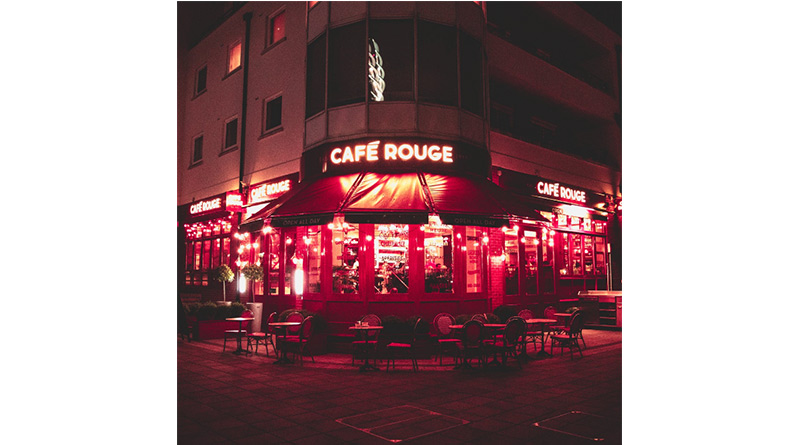Casual Dining Group Files Intent To Appoint Administrators

One of Britain’s largest casual dining operators has filed its intent to appoint administrators at the High Court.
Casual Dining Group, (CDG) the company behind restaurant chains including Bella Italia, Café Rouge and Las Iguanas, has filed a notice of intention to appoint administrators. The notice provides the group with 10 working days’ protection from creditors.
The group runs an estimated 300 restaurants across the UK, employing around 6,000 staff. Much like the rest of the hospitality sector it’s restaurants have been hit by the coronavirus lockdown that has seen restaurants pubs and hotels throughout the country closed since late March.
CDG has hired advisory firm Alix Partners to allow it to assess its options, including a potential whole group administration, the administration of weaker chains or deals with landlords to close some outlets. CDG is controlled by private equity firm KKR.
Reports suggest that it will launch company voluntary arrangements (CVAs) for two of Bella Italia, Café Rouge and Las Iguanas, with the third being put into administration. The group’s smaller chains, which could be most at risk in a restructuring, include Belgo, Huxleys and Oriel. CDG sold off its tapas chain La Tasca earlier this year.
A CDG spokesperson said: “As is widely acknowledged, this is an unprecedented situation for our industry and, like many other companies across the UK, the directors of Casual Dining Group are working closely with our advisers as we consider our next steps.”
“These notifications are a prudent measure in light of the company’s position and the wider situation. These notifications will also protect the company from any threatened potential legal action from landlords while we review the detail of the government advice and formulate a plan for the company in these difficult times.”
Richard Williams, a specialist licensing and regulatory partner at Keystone Law, said:
“News that the Casual Dining Group has filed a notice of intent to appoint administrators is further evidence that many restaurant and leisure chains are reaching financial breaking point as a result of extended closure. Despite the Government’s help with business rate holidays, relief against forfeiture and furloughing of staff, rents remain payable and many businesses will not have the financial resources to cling on.
“It’s now clear that the hospitality business will be one of the last to re-open and that opening from 1st July 2020 is optimistic. Even when pubs, bars and restaurants are allowed to open up, trade will be severely impacted, with extra costs involved in serving lower volumes of customers and with many people still too scared to go out to socialise. It’s regrettable that this is just the tip of the iceberg and that many more leisure businesses will have to go through some form of insolvency procedure over the next few months, particularly around the 24th June quarter day, when rents are payable.
“The insolvencies coming to light now relate to businesses that may have already been struggling before Coronavirus hit. It is likely that there will be a second wave of insolvencies when businesses re-open and realise that social distancing measures will severely impact their revenue.”
Richard and his colleague Niall McCann at Keystone Law are currently advising leisure operators in relation to their restructuring options and would be happy to answer any questions or be interviewed on the topic.
